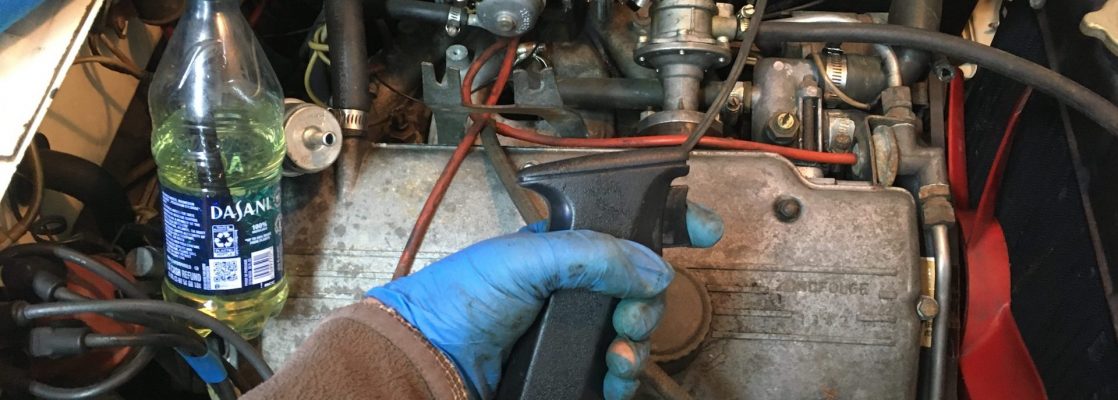
Mechanical pumps are essential devices used in various industries to transport fluids from one place to another. Whether it’s pumping water in a household setting or transferring chemicals in a manufacturing plant, understanding how a mechanical pump works is crucial for efficient and reliable operations. In this article, we will delve into the intricate mechanisms behind these devices, exploring their key components, working principles, and applications.
- The Anatomy of a Mechanical Pump:
A mechanical pump consists of several components that work together to facilitate fluid movement. These include the pump casing, impeller, shaft, bearings, and seals. The pump casing acts as the outer shell, enclosing the internal components and providing structural support. The impeller, a rotating component, is responsible for generating the necessary force to move the fluid. The shaft connects the impeller to the motor, while the bearings ensure smooth rotation. Seals prevent leakage and maintain the pump’s efficiency. - Working Principles:
The operation of a mechanical pump can be summarized in four main steps: suction, impeller rotation, fluid acceleration, and discharge. When the pump is activated, the impeller starts rotating, creating a low-pressure zone at the suction inlet. This low pressure causes the fluid to enter the pump through the suction pipe. As the impeller continues to rotate, it imparts kinetic energy to the fluid, increasing its velocity. The fluid is then forced out of the pump through the discharge outlet, where it can be directed to its intended destination. - Types of Mechanical Pumps:
There are various types of mechanical pumps, each designed for specific applications. Centrifugal pumps, the most common type, use centrifugal force to move fluids. Positive displacement pumps, on the other hand, operate by trapping and displacing a fixed amount of fluid with each rotation. Other types include axial flow pumps, reciprocating pumps, and regenerative pumps. Understanding the different pump types allows for optimal selection based on the specific requirements of a given application. - Applications and Benefits:
Mechanical pumps find applications in numerous industries, including water supply, oil and gas, chemical processing, and HVAC systems. They are used for tasks such as irrigation, wastewater treatment, circulation of coolant in engines, and transferring fluids between different stages of a manufacturing process. The benefits of mechanical pumps include their ability to handle large flow rates, high efficiency, and reliability. Additionally, they can operate over a wide range of pressures and temperatures, making them versatile and adaptable to various environments.
Conclusion:
Mechanical pumps play a vital role in countless industries, enabling the efficient movement of fluids for a wide range of applications. By understanding the inner workings of these devices, including their components, working principles, and applications, engineers and operators can make informed decisions when selecting and maintaining mechanical pumps. With their ability to handle demanding tasks and provide reliable performance, mechanical pumps continue to be indispensable tools in modern industrial processes.

